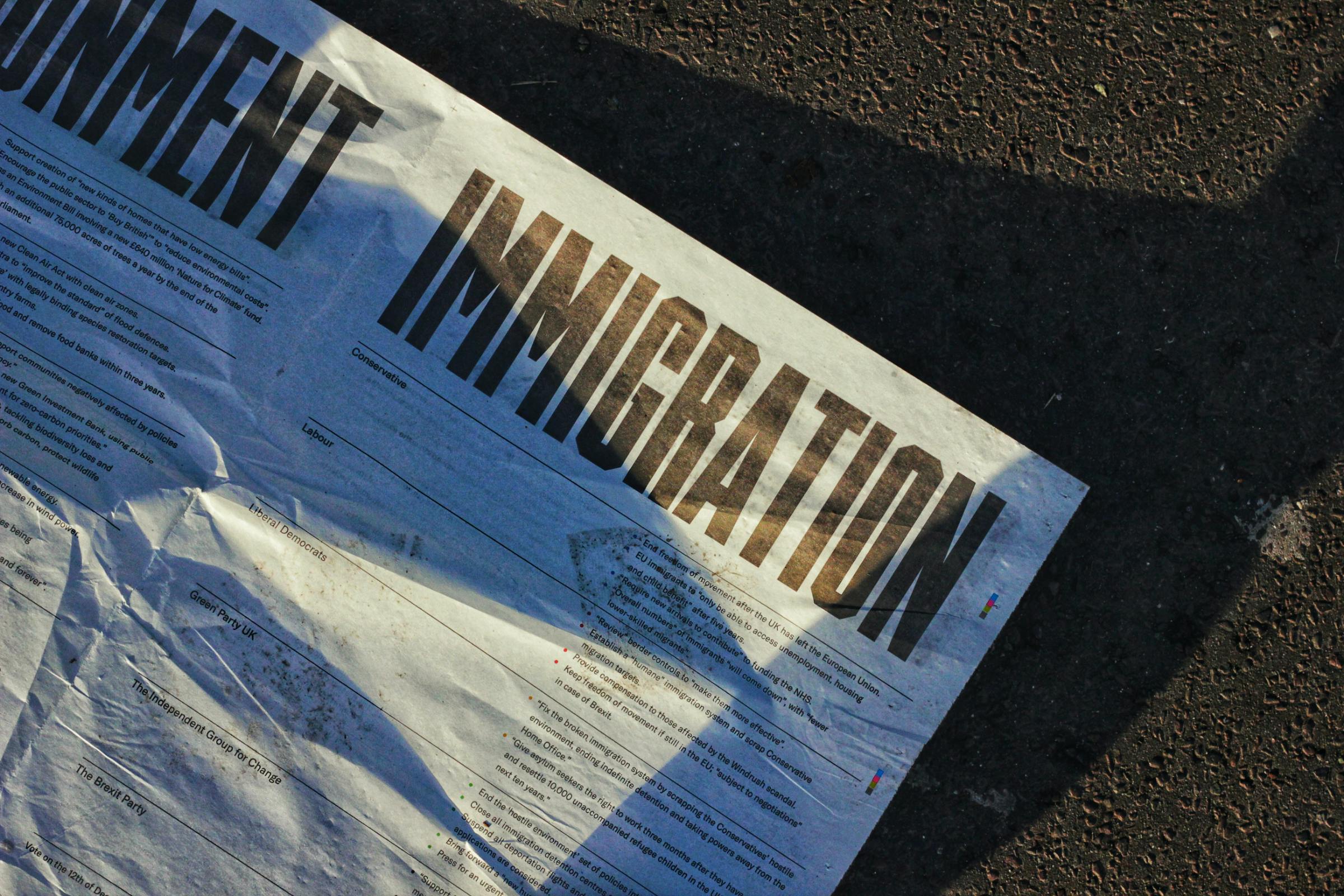There is a special program for immigrants who are looking to come to the United States and work as entrepreneurs. This program, called IE—International Entrepreneurs, works by placing entrepreneurs into a parole program for a 30 month period. Parole is different than being admitted into the United States, and for the purpose of this blog we will discuss some of the strengths and limitations of the program that has gone into effect under the Biden Administration.
The USCIS posted about the continuation of the IE program on May 10th. Previously the IE program had been delayed from implementation due to the Trump Administration. The Department of Homeland Security was supposed to publish a final ruling on the IE program in 2017 but it was effectively blocked.
How Does it Work?
The DHS and by extension the USCIS may use its parole authority to grant a period of authorized stay, on a case-by-case basis, to foreign entrepreneurs who demonstrate that their stay in the U.S. would provide a significant public benefit through their business venture. The IE program is meant to attract foreign entrepreneurs to the U.S. and remain competitive. The program should also not be confused with the immigrant investor category in which investors need to have upfront capital in order to eligible for such a visa.
While Visa2us does not deal significantly with parolees, it should be noted that there is a difference between being admitted into the U.S. on immigrant status and being a temporary non-immigrant who is unable to file for a green card.
However, IE parolees will be able to file for working authorization in the U.S. via the I-765 work permit application. In addition, this program stipulates that foreign spouses who will be accompanying the principal applicant to the United States will also be able to file for a work permit. Thus the IE program presents an opportunity for foreign spouses to work in the U.S., and then possibly switch to a different employment based visa from within the United States.
The IE program however forbids children who are unmarried and under the age of 18 to file for work permits in the U.S. if they following to join their IE parent in the U.S.
Can Parolees Adjust their Status?
IEs should know, as mentioned, that it will be difficult to adjust ones status for a green card under this program. This is because only parolees granted through the Cuban/Haitian parolees, or other special program individuals may apply for green cards after one year of physical residence in the US. For interested IEs who would like to file for an adjustment of status, the best thing one can do is to talk to an immigration attorney to see what the best option will be for going forward.
The good thing about this new program is that the parole period lasts for 30 months, in most cases. This gives IEs, as well as their spouses who have work permits, significant time to decide if they are going to try and stay in the U.S., or seek a new immigration benefit. Also because of the nature of being an IE, it might be possible at some point to be sponsored by a new employer (instead of being an employer) and have an I-140 filed on your behalf.
For more information on the continuation of the IE program, please see the following link: https://www.uscis.gov/news/news-releases/dhs-announces-continuation-of-international-entrepreneur-parole-program














